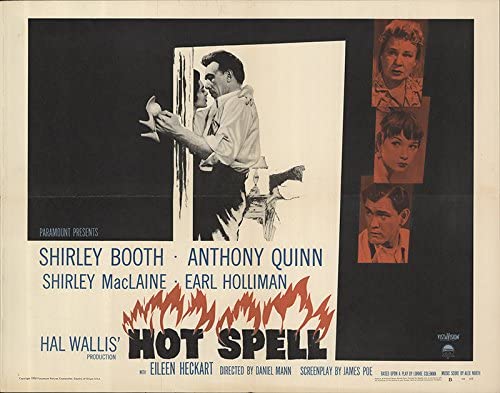
Items that were exclusive to an event or season are typically available to purchase via Ada 1 or the Gunsmith. Depending on the current season and the availablity of characters, this may no longer be the case. The official source of this item is that it is obtained from Source: Bright Engrams.
HOT TO SPELL SKEDADDLE HOW TO
Jonathon Green, in the Cassell Dictionary of Slang, suggests this transferred to the US through “the image of blood and corpses being thus ‘spilled and scattered’ on the battlefield before the flight of a demoralised army”. How To Get Skedaddle Source: Bright Engrams.

This may be from Scots skiddle, meaning to splash water about or spill. The English Dialect Dictionary, compiled at the end of the nineteenth century, argues that it’s from a Scottish or Northern English dialect word meaning to spill or scatter, in particular to spill milk. Was it Greek, as John Hotten argued in his Dictionary of Modern Slang in 1874, from skedannumi, to “retire tumultuously”, perhaps “set afloat by some Harvard professor”? It sounds plausible, but probably not. Where it comes from is almost totally obscure. It crossed the Atlantic astonishingly quickly, being recorded in the Illustrated London News in 1862 and then being put in the mouth of a young lady character by Anthony Trollope in his novel The Last Chronicle of Barset in 1867: “ ‘Mamma, Major Grantly has - skedaddled.’ ‘Oh, Lily, what a word!’ ” However, it quickly moved into civilian circles with the broader sense of leaving in a hurry. The last lines of the lyric are “He who fights and runs away, / May live to run another day.”" It's believed to come from the Scots-Irish dialect and loosely translates to 'scram'. Its first appearance in print, in the New York Tribune of 10 August 1861, made this clear: “No sooner did the traitors discover their approach than they ‘skiddaddled’, (a phrase the Union boys up here apply to the good use the seceshers make of their legs in time of danger).”Ī satirical musical item from 1862 in which the pseudonymous author is using the newly fashionable slang term to point his message. Skedaddle is an old slang term dating back to the Civil War, used to refer to rapidly leaving a place. The focus of all the early examples is the War without doubt it started out as military slang with the meaning of fleeing the battlefield or retreating hurriedly. Out of the blue, it became fashionable in 1862, with lots of examples appearing in American newspapers and books. What we do know for certain is that it suddenly appears at the beginning of the Civil War. This archetypal American expression - meaning to run away, scram, leave in a hurry or escape - has led etymologists a pretty dance in trying to work out where it comes from.


 0 kommentar(er)
0 kommentar(er)
